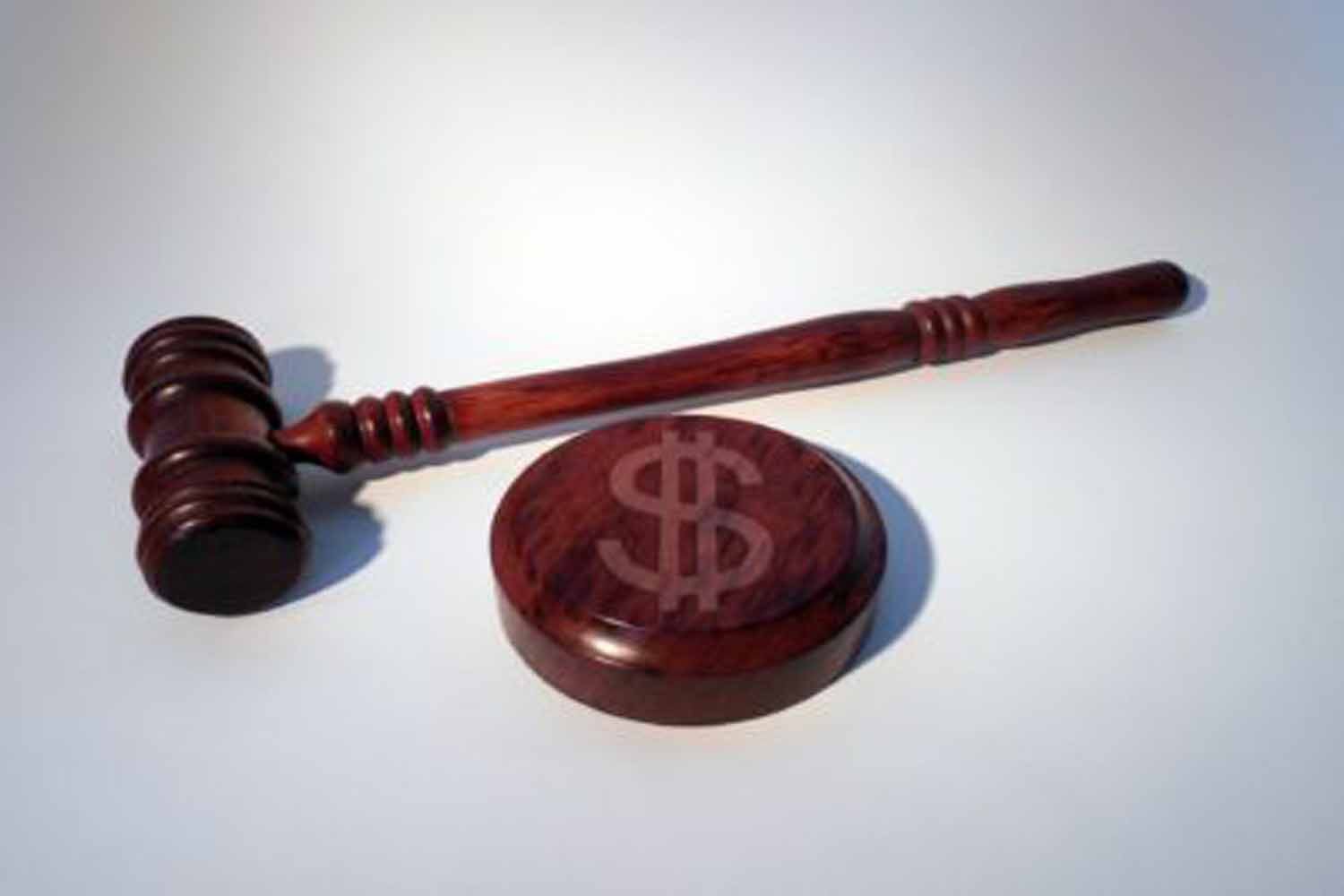By Hans Wahl, Esquire
The first consideration for creditors during bankruptcy proceedings is the Automatic Stay provision of the Bankruptcy Code. Section 362 of the United States Bankruptcy Code provides the provisions governing the Automatic Stay. The Automatic Stay works as an immediate “injunction” that halts all actions by creditors and potential creditors to collect on pre-bankruptcy debts from a debtor who has declared bankruptcy.
The Automatic Stay applies in all bankruptcy proceedings, including Chapters 7, 11 and 13, and this provision is invoked automatically and immediately upon the debtor filing for bankruptcy. The Automatic Stay is a benefit to debtors because once invoked it works to immediately stop all actions and proceedings to recover claims against the debtor. Conversely, it is a detriment to creditors as they can no longer continue with either collection efforts or legal action for their claims against the debtor.
However, there are exceptions to the Automatic Stay which provide relief to creditors. For creditors seeking to avoid the Automatic Stay, there are three subsections of Section 362, which can be invaluable if taken advantage of properly. These include §§§ 362(b), (d) & (f), which can be considered the creditor’s best allies within the Bankruptcy Code.


